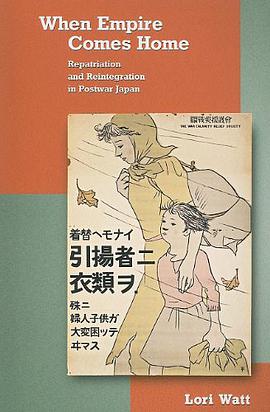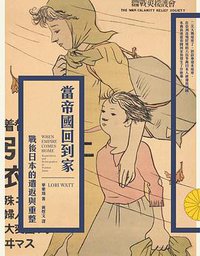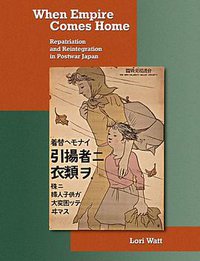When Empire Comes Home
豆瓣
Repatriation and Reintegration in Postwar Japan
Lori Watt
简介
Following the end of World War II in Asia, the Allied powers repatriated over six million Japanese nationals from colonies and battlefields throughout Asia and deported more than a million colonial subjects from Japan to their countries of origin. Depicted at the time as a postwar measure related to the demobilization of defeated Japanese soldiers, this population transfer was a central element in the human dismantling of the Japanese empire that resonates with other post-colonial and post-imperial migrations in the twentieth century. Lori Watt analyzes how the human remnants of empire, those who were moved and those who were left behind, served as sites of negotiation in the process of the jettisoning of the colonial project and in the creation of new national identities in Japan. Through an exploration of the creation and uses of the figure of the repatriate, in political, social, and cultural realms, this study addresses the question of what happens when empire comes home.
contents
Maps, Figures, and Tables
Introduction: Repatriation, Decolonization, and the Transformations of Postwar Japan
New Maps of Asia
The Co-Production of the Repatriate, 1945-49
“The Future of the Japanese Race” and “Argumentative Types”: Women from Manchuria and men from Siberia
“In the End, It Was the Japanese Who Got Us”: Repatriates in Literature, Songs, and Film
No Longer Hikiagesha: “Orphans and Women Left Behind in China”
Conclusion: Third Party Decolonization and Post-Imperial Japan
Works Cited
Index

